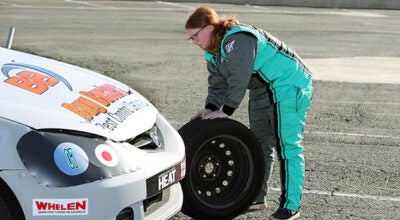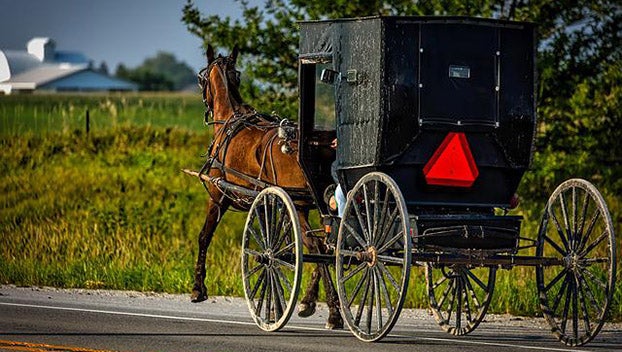Buffalo Shook Co. Inc. Is Closing
Published 5:10 pm Tuesday, August 20, 2013
FARMVILLE — The first year of Buffalo Shook Co. Inc.’s second century will be the last year of its life.
The company that opened for business in 1912, the same year as Fenway Park, will close this month.
The bitter decision is not one that company president Nelson Wilson wanted to make, but the economy and the state of the industry nation-wide gave him no choice.
No train has come down the tracks adjacent to Buffalo Shook’s Appomattox Street location in years.
Even the tracks, themselves, are gone.
But the reality facing Wilson and his 20 employees has been thundering toward them with all the inevitability of a freight train whose elegiac and mournful whistle is audible for miles and miles before the steel wheels rush past.
Closure, it became clear, was not a matter of if, but of when.
“It’s been a death march,” Wilson said Friday morning. “That’s how I describe it.”
It is hard, he said, to see something your family has put so much into for so long “going down the toilet.”
But Wilson’s chief concern is for his employees, who have his admiration for their work ethic.
Many of them have already been working a second job, which speaks very highly of them, he said, and Wilson predicted they would “land on their feet.”
Their landing gears will be lowering very soon.
Buffalo Shook will operate until August 28.
In October there will be an auction of equipment.
What ultimately happens to the property, itself, is not something he can predict.
Wilson and perhaps two or three employees will go through the final “winding down” of the business, dotting all the final i’s and crossing those last t’s after the closure.
The Appomattox Street location is the third address the company called home across its 101 years, opening on the western end of Buffalo Street, sharing that street’s name, before moving to a location on South Main near the R. R. Moton High School, then just outside the Town’s corporate limits.
A shook is a set of staves and headings enough for one hogshead, and the company focused on the manufacturing of all three when it opened early in the second decade of the 20th Century, focused mostly on the shipping container needs of tobacco manufacturers and dealers of those leaves that once batted cleanup in the local, and regional, economy.
The phrase “Made in Farmville, found all over the world” figured proudly in one of the company’s 1948 advertisements.
For the Farmville manufacturer, that world seemed, like Elvis, to be “all shook up.”
Nobody could have foreseen what lay ahead for the tobacco industry and, consequently, the impact on Buffalo Shook. But the company made adjustments in its product line, finding new customers for new wooden products, such as pallets.
But there is no longer any more room to maneuver. The industry’s economic ends, so long stretched to and beyond their limits, no longer meet for Buffalo Shook.
The company survived for so long because of the quality of its product, the dedication of its employees, and management’s determination, adaptability and flexibility.
Buffalo Shook’s ability to add facility space here and there throughout the facility within the confines of its property became a metaphor. A constant challenge constantly met, not unlike the structural evolution and expansion of Fenway Park within the tight boundaries of its Boston neighborhood.
The current and now final of Buffalo Shook’s three locations was never ideal, a sawmill not making what many people would regard as the best neighbor—the noise of the operation, the smoke, the trucks.
Wilson knows that.
But it was the company’s home, too.
The move from South Main Street in 1930, in fact, was due to the firm’s growth and need to be near rail access. The new address was right across the street from the train station.
Eighty-three years later, the trains are all gone, with no tracks left to follow, and Buffalo Shook is also about to become another ghost from the past.
A past that likely saw tobacco shipped in a container made in Farmville smoked in the bleachers by Red Sox fans watching the young phenom, Babe Ruth, pitch for them against the New York Yankees.
On that day, neither the Boston Red Sox nor Buffalo Shook could hear the whistle of destiny’s train blowing toward them on a wind of change.





